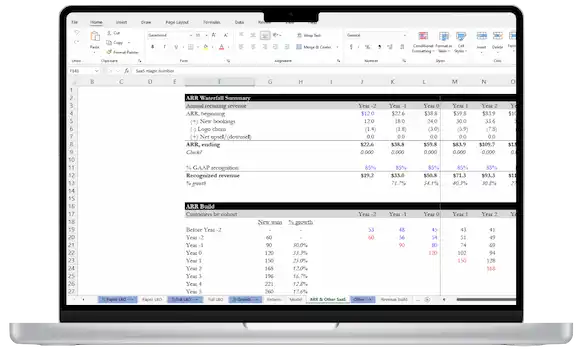Growth Equity Jobs & Internships
Each week, I curate the best open roles at top funds
Interested in Posting a Job? 🙌
Receive New Jobs In Your Inbox
7 Factors To Consider When Choosing A Growth Equity Job
The first thing to say about “choosing” a growth equity firm is that the job search process is very competitive. Let’s be real, it’s quite tough to get a growth equity offer! That’s why I recommend that even great candidates should apply to many, many roles.
Here are key factors to consider as you make a target list of firms:
Investment Criteria
Within growth investing, there are multiple styles. For instance, some growth equity funds invest in later rounds of venture-backed companies. Whereas, other funds eschew venture-backed targets in favor of steady growers that are family-owned or bootstrapped.
Brand
Most growth equity job candidates (over?) optimize for the quality of the fund’s brand. Going to a top fund can be helpful to your career in subsequent steps, such as when applying for business school or to your next investing job. That said, I urge candidates to balance this against other important factors, such as the other ones on this list!
Fund Size
The size of the fund can drastically affect your experience in growth equity. Fund size not only impacts the investing style, but it also drives how many employees the fund has. Consider whether you prefer a smaller, more entrepreneurial environment versus a larger, more structured fund experience.
Culture of Mentorship
During the interview process, one thing I coach candidates to keep an eye out for is whether the firm demonstrates a culture of mentoring younger professionals. Investing is an “apprentice business,” so your learning is directly tied to the firm’s willingness to teach you!
Partner Track
Many firms explicitly design their associate (and even analyst) roles to be two-years long. This means, in two years’ time, you’ll need to either find a role at another firm or consider options like business school.
Compensation
It’s understandable why many growth equity candidates are focused on compensation. After all, great compensation is a big reason why a career in growth equity is attractive to many. That said, at the junior levels, you’d be wise to not overweight this factor in your decision. Focus on finding a great firm where you’ll thrive, and the rewards will follow long-term.
Location
This is perhaps the most underrated factor that many overlook. If you are focused on popular cities (NYC or SF), there will be more opportunities. However, there will be WAY more competition as well. Recruiters estimate that ~50 qualified candidates apply to NYC/SF roles versus ~5 qualified candidates for other cities in the U.S.
More Resources To Help Your Growth Equity Job Search 🙌
INTERVIEW PREP
The #1 Online Course for Growth Investing Interviews

- 88 lessons
- 18h video
- Templates
- Step-by-step video lessons
- Self-paced with immediate access
- Case studies with Excel examples
- Taught by industry expert

